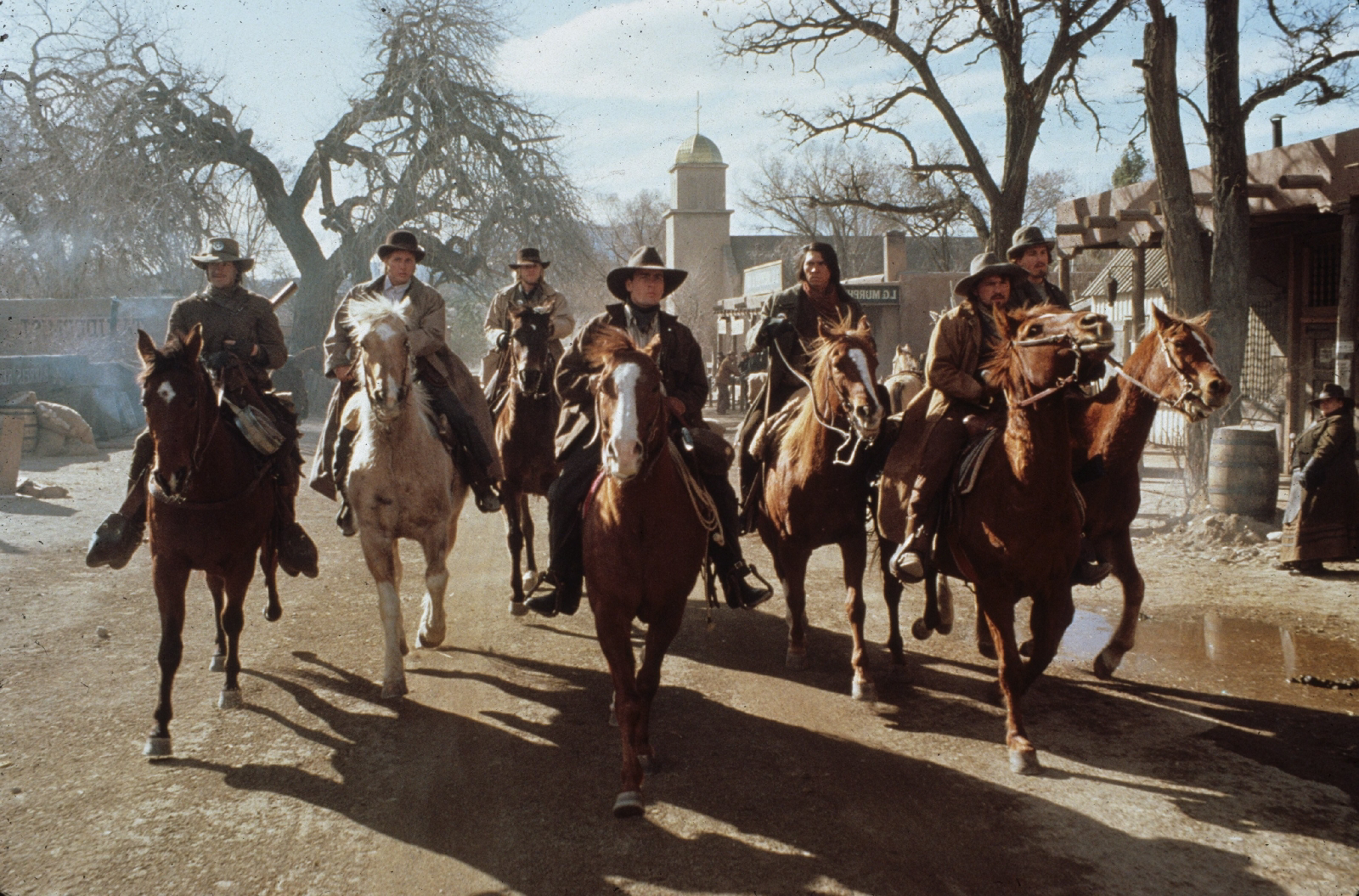Hollywood’s Golden Recipe: Young Star Ensembles and Their Lasting Impact on Modern Culture
There’s something electric that happens when a group of rising stars is thrown together in one film. You can feel the energy, the tension, the sense that you're watching the next big names all at once before they become legends. It’s a formula Hollywood keeps returning to—and for good reason. From The Breakfast Club to Young Guns, these ensemble casts of young talent haven’t just given us great movies. They’ve shaped modern pop culture.
The Birth of the Ensemble Movie
The concept isn’t entirely new. Even in the Golden Age of Hollywood, studios would occasionally round up their hottest young talent and drop them into a single film. But it wasn’t until the late 20th century that the "young star ensemble" became its own recognizable genre.
John Hughes' The Breakfast Club (1985) is often credited with perfecting the formula. Here, five teens from totally different backgrounds are thrown together for one Saturday in detention. What could have been a simple coming-of-age story turned into a cultural phenomenon because Hughes understood the magic wasn't just in the story—it was in the chemistry. The cast—Emilio Estevez, Molly Ringwald, Judd Nelson, Anthony Michael Hall, and Ally Sheedy—became known as part of the "Brat Pack," a group of young actors who symbolized teenage angst, rebellion, and growing pains for an entire generation.
At the same time, the Western genre found its young star renaissance with Young Guns (1988). Instead of grizzled old cowboys, audiences were treated to hot young actors like Emilio Estevez (again), Kiefer Sutherland, Lou Diamond Phillips, Charlie Sheen, and Dermot Mulroney, playing outlaws and lawmen in the Wild West. These weren't just stars—they were stars at the beginning of their power, and fans loved seeing their raw talent up close.
Why These Movies Matter
Movies like The Breakfast Club and Young Guns didn’t just entertain—they captured the feeling of youth itself: unpredictable, emotional, and full of possibility. And they did it while showcasing fresh talent that viewers could grow up alongside.
They also had another impact: launching or cementing careers. Would Emilio Estevez have had the same legendary run without the one-two punch of The Breakfast Club and Young Guns? Would Kiefer Sutherland have jumped from rebellious Western outlaw to vampire slayer (The Lost Boys) to action hero (24) without that early exposure? These ensemble movies didn’t just create characters we loved—they created icons.
Critically, they also captured the spirit of their times. The Breakfast Club was pure 80s teenage rebellion. Young Guns rode the wave of the late 80s and early 90s hunger for mythmaking, loyalty, and rebellion. Even films like Dazed and Confused (1993)—featuring then-unknowns like Matthew McConaughey and Ben Affleck—or American Graffiti (1973), a forerunner directed by George Lucas, showcase this trend. These movies offer snapshots of youth culture from different eras, with casts that would go on to define Hollywood for decades.
Today’s Young Ensembles
Fast forward to now, and the spirit lives on. Look at Netflix’s Stranger Things—a whole new generation of young actors, from Millie Bobby Brown to Finn Wolfhard, taking the world by storm. Or Greta Gerwig's Lady Bird (2017) and Little Women (2019), both anchored by Saoirse Ronan, Timothée Chalamet, Florence Pugh, and others on the brink of stardom.
Modern audiences still crave that feeling—the excitement of discovering future superstars all at once. Studios know this, which is why we keep seeing reboots, remakes, and spiritual successors to those ensemble classics.
Even Marvel’s massive success owes a lot to the ensemble formula. Films like The Avengers or Guardians of the Galaxy thrive on that same chemistry: different personalities colliding, bonding, and creating something bigger than the sum of their parts.
The Cultural Legacy
These films shaped more than just careers—they shaped our ideas about friendship, identity, and rebellion. How many people first realized that it was okay to feel misunderstood by seeing The Breakfast Club? How many learned about loyalty, bravery, and sacrifice from Young Guns?
The best of these movies don’t just show young characters—they respect them. They don’t talk down. They let young people be messy, brilliant, angry, and real. That’s why they endure—and why every generation gets its own version.
And honestly, it’s exciting to think about who will be in the next great young ensemble movie. Somewhere out there, a group of future icons is getting ready to tell their own story. And just like The Breakfast Club and Young Guns, it’ll leave a mark we’ll never forget.





Comments
Post a Comment